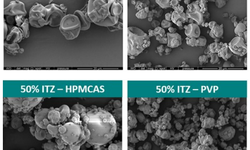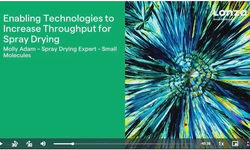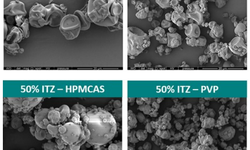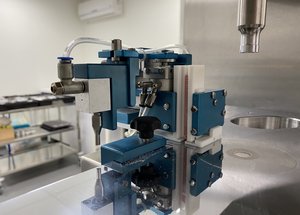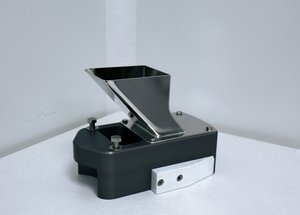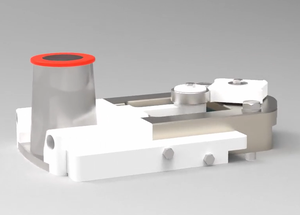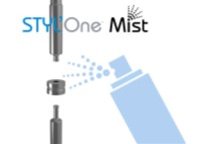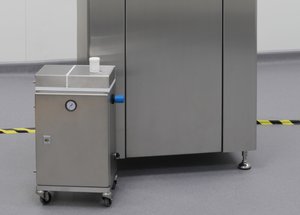Dramatic reduction of solvent usage in pharmaceutical spray drying
Spray drying is a widely used technique for producing amorphous solid dispersions (ASDs) of poorly water-soluble drugs. This process typically involves the use of large quantities of organic solvents to dissolve the drug and polymer before processing. However, as drug molecules become more insoluble in organic solvents, stronger solvents are increasingly required.
Solvents like dichloromethane can effectively dissolve the drug molecules, but they come with a trade-off—higher environmental and safety concerns. Given the heavy reliance on organic solvents, it’s crucial to consider the sustainability of the spray drying process to ensure the continued development of vital medicines.
One solution discussed in this talk involves using volatile processing aids to enhance drug solubility in more environmentally friendly solvents, such as methanol. This approach reduces the solvent volume needed for ASD production and minimizes the negative environmental impacts of solvent use.
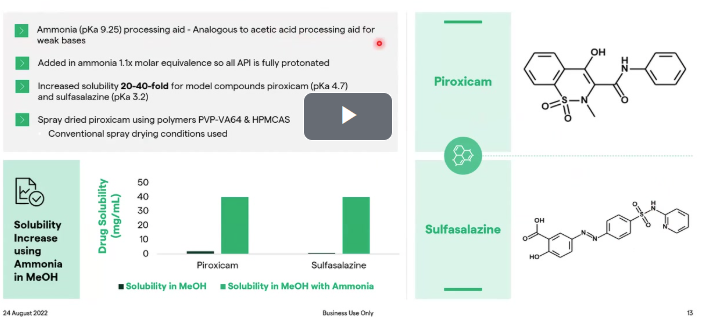
Comments
No comments posted yet.


